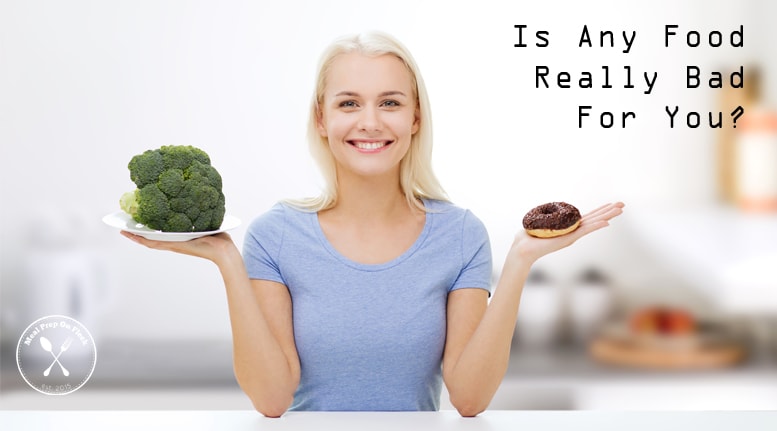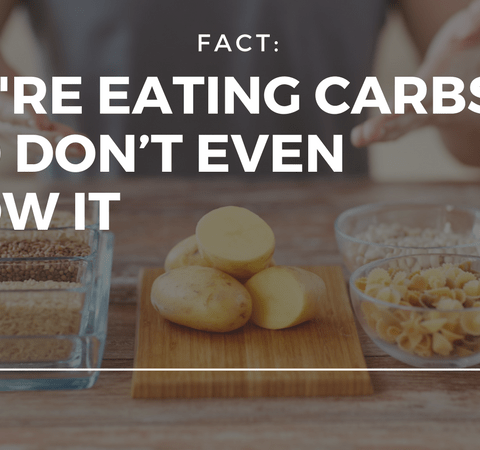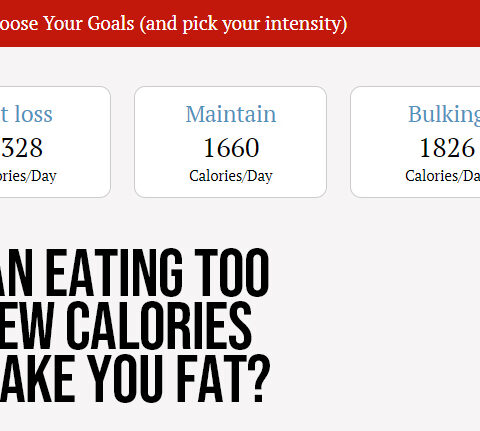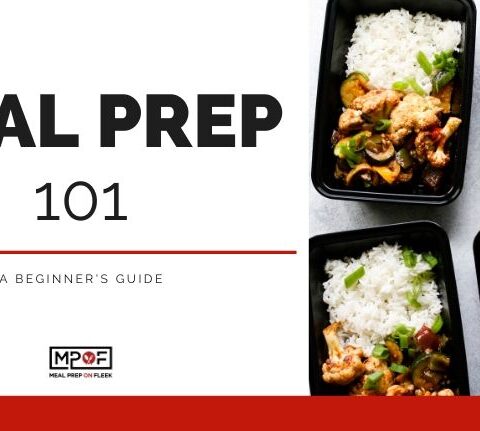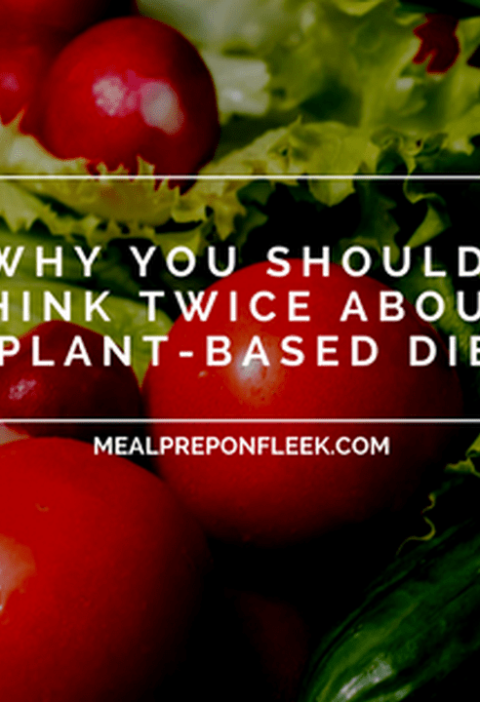Eating healthy is easy. You’ve got personal trainers’ websites, scientific studies, health articles—all for FREE. With the information on the internet, you can lose the weight without even lifting a dollar from your pocket. Eating weight is easy, right?
Wrong.
As you do more research, you’ll come across lots of conflicting studies. Even the foods you knew were healthy at one time are labeled bad for you by one source or another. But is any food really bad for you?
In short: No food is 100% bad for you.
Milk is controversial
Think back to elementary school, when milk was added to everyone’s food tray by default. Your teachers always advised you to drink your milk so you can build strong bones. Milk’s got to be good for you, right?
And yes, it truly is. According to Organicfacts.net, milk is the best source of calcium we can drink. Milk is also great for muscle gain; with 8 grams of protein per cup, 12 grams of carbs, and around 4 grams of fat, whole milk can push you towards your macronutrient goal faster than water can. And not only that but the Journal of Nutrition states that cows’ milk also contains components that could help prevent different cancers.
Milk is a strong source of vitamin A, which helps nourish the largest organ in our body, our skin. Fun fact—Cleopatra used to bathe in milk and honey to maintain her smooth skin!
Although there are several benefits of milk, there are also detriments.
In conventional milk, there is a hormone called rGBH. This hormone increases milk production in cows, but the Dermato-Endocrinology Journal reported a link between the hormone and acne, prostate and breast cancer.
On one side of the internet, you have studies praising milk for its nutrients, its skin care benefits, and its preventative cancer components. On the other side, sources link milk to acne and cancer. So, with the information learned, you can either freak out about milk being so controversial or drink milk responsibly, knowing that it has great elements and negative elements to it. Just like everything else.
Meat is controversial
The benefits of meat are monumental. First off, meat is an excellent source of iron, a nutrient many vegetarians lack, according to the Vegetarian Society. Meat is also a great source of protein, a required macronutrient for getting lean and building muscle. If you follow any bodybuilder’s meal prep plans, you’ll see an array of vegetables accompanying several portions of meat, especially chicken breast. Other meats are full of protein as well, but chicken breast have the extra protein minus the extra fat: 46 grams of protein and only 5 grams of fat.
Although there are other sources of protein, it’s no doubt that meat is the top source for many Americans. The building blocks of protein are amino acids, and there are 9 amino acids that our bodies cannot produce. Some proteins can come from plants, but plant-based proteins do not contain all the essential amino acids. You’d have to add two plant-based protein products together, like rice and beans, to get the proper amount of amino acids. Meats and other animal products are go-to’s for bodybuilders because they are complete sources of protein.
However, even if you aren’t trying to bulk up, complete proteins are essential for any diet. Protein is a macronutrient that helps you feel satiated and full, meaning you’ll be consuming fewer empty calories throughout the day. It’s the reason you can probably eat three donuts in a row but not 3 steaks in a row (unless you’re really hungry).
But wait! According to Harvard Health, meat (specifically red meats) can increase your risk of heart disease and high blood pressure. Does this mean you should stop eating meat? Not if you don’t want to. Instead monitor your intake of meat, especially red meat. If given an option, go for poultry like chicken and turkey since they’re lower in saturated fat. And lastly, skip out on the precooked/pre-seasoned chicken; they’re probably doused with extra seasoning to preserve themselves better. Eating responsively is all about moderation and balance.
So far, milk and meat, two animal-related products, have been portrayed as both good and bad for your health. But what if we add something vegan related to the mix. Let’s say we add: fruit.
Fruits are controversial
Yes. Even fruit, the most vegan, natural food item on this list, is bad for you. But how?
Fruit is nature’s candy. Oranges give us vitamin C. Blueberries are loaded with antioxidants, which help slow down the aging process. Tomatoes contain lycopene, a phytochemical that helps fight prostate cancer. And to top it all off, fruit can be low in calories.
Fruit can also help you regulate blood pressure, keep you feeling full since they’re loaded with fiber, and on the same token, help keep your digestive system moving, too, according to ChooseMyPlate.gov.
So what could possibly make fruit controversial? Science.
If you’ve ever owned a garden or grew your own fruit, you’ll notice bananas, tomatoes, apples, and other fruits are not as big, bright, or even juicy as they are in conventional stores. Using chemicals like pesticides and genetic modification help enhance the flavor of produce and help protect them from animals.
Genetically modified organisms have been shown to increase people’s intolerance to foods through allergies. Also, engineering a crop’s DNA can result in toxins within the food and the chemicals used can decrease the nutritional value of the foods.
But does this mean you should be afraid of eating fruit because of the fear of pesticides and genetically modified foods? Of course not.
If you spend enough time on the internet every day looking up what foods are “bad”, you’ll drive yourself bonkers with all the conflicting studies. Save yourself the stress and eat responsibly. Eat a colorful diet. Hold yourself accountable. And if you ever find yourself enjoying too much of that chocolate cake, remind yourself of your goals and try again your next meal.

